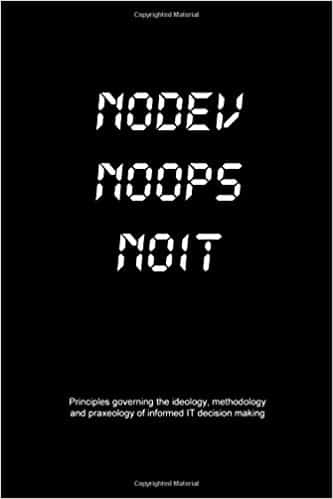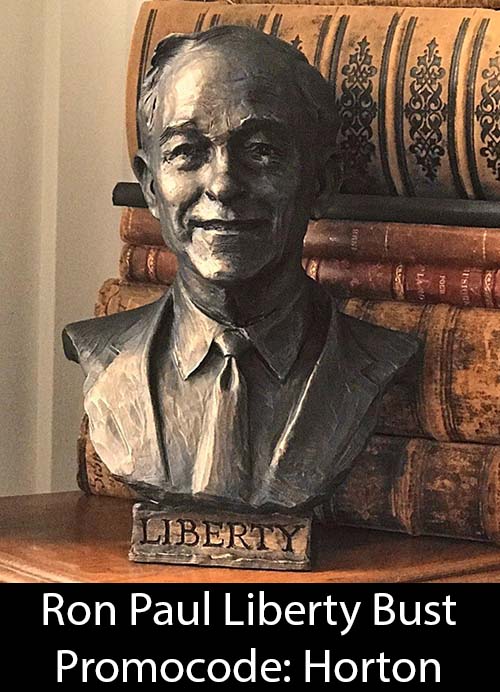Here’s some of what I would have said if I were smarter:
“Corporate liberalism functions via a façade of opposition between a purportedly progressive statocracy and a purportedly pro-market plutocracy. The con operates by co-opting potential opponents of the establishment; those who recognise that something’s amiss with the statocratic wing are lured into supporting the plutocratic wing, and vice versa. Whenever the voters grow weary of the plutocracy, they’re offered the alleged alternative of an FDR or JFK; whenever they grow weary of the statocracy, they’re offered the alleged alternative of a Reagan or Thatcher. Perhaps the balance of power shifts slightly toward one side or the other; but the system remains essentially unchanged. (Which explains, for example, why the recent much-trumpeted power shift in Congress has resulted in precious little policy change.)
“Alas, just as the insights of the 19th century were largely lost by the 1920s, so the insights of the 1960s seem to have become largely lost by the 1980s. Probably Reagan indeed played a crucial role in sowing confusion once more, this time by wrapping fascism in libertarian rhetoric just as the Progressives and FDR had wrapped fascism in leftist rhetoric. In any case, many libertarians today (sometimes even professed followers of Rothbard) have gone back to thinking of business as a persecuted minority to be defended against the creeping ‘socialism’ of the regulatory state, while many on the left (sometimes even professed anarchists, like Noam Chomsky) look to the federal government as a bulwark against so-called ‘laissez-faire’ and indulge in nostalgia for the New Deal.”
Thanks Anthony.















